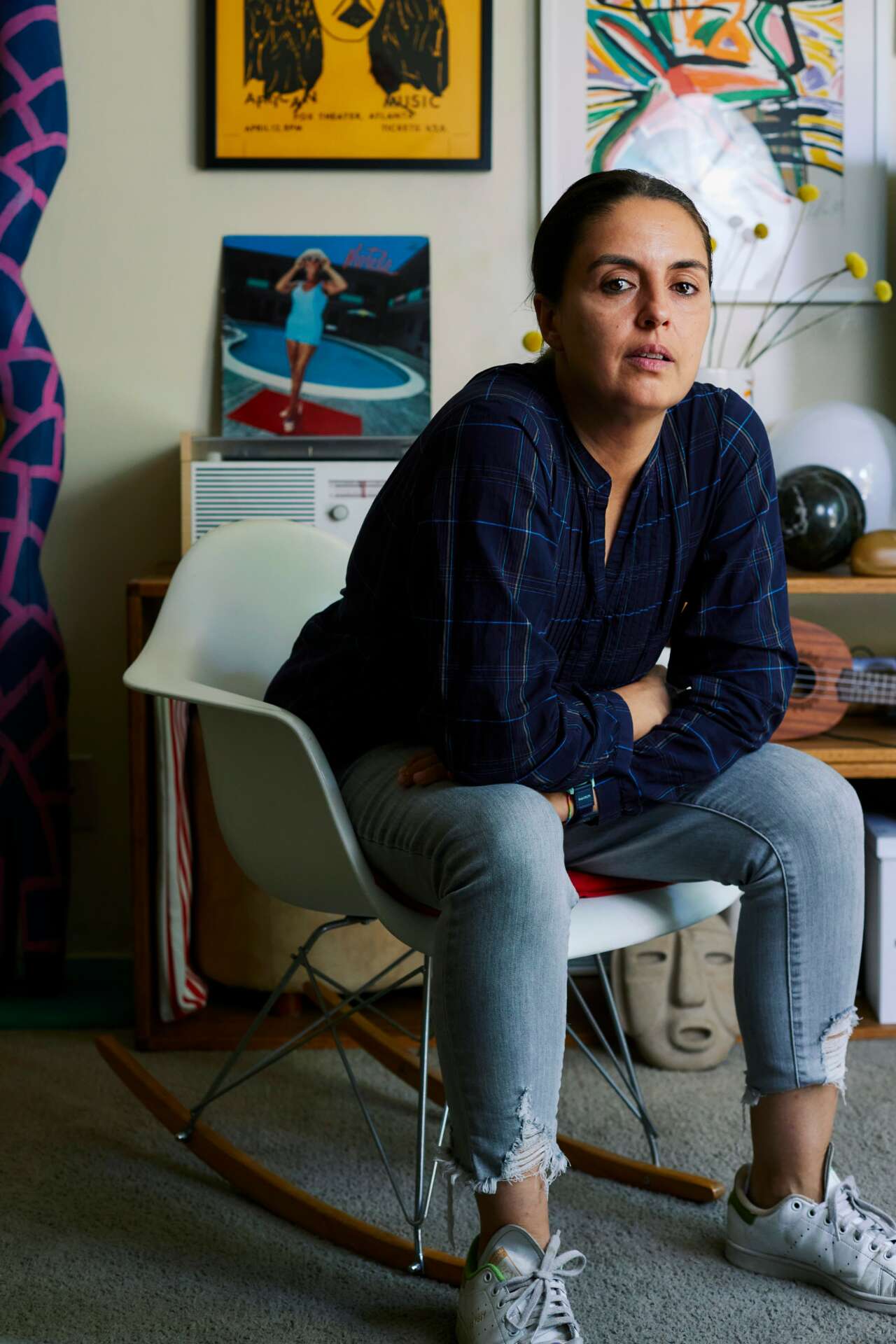We recently connected with Giulia Corda and have shared our conversation below.
Giulia, looking forward to hearing all of your stories today. Can you talk to us about a project that’s meant a lot to you?
The most meaningful project of my career is the one that I’m currently working on. I’m part of a writing team (writer/director Federica Cellini, writer Mirko Cetrangolo, and I) that is adapting Jhumpa Lahiri’s short story “The Boundary” into a feature film. The project is supported by the Ministry of Italian Culture. Jhumpa Lahiri is a Pulitzer Prize winning author, and “The Boundary” opens her upcoming collection “Roman Stories”. It will be released in the United States in October 2023 (Penguin Random House). Adapting a story written by one of my literary heroes feels both intimidating and exciting. I was fortunate enough to meet with Lahiri and learn more about her experience as an immigrant bi-lingual writer. I believe this is why I have always been fascinated by her voice; we share a similar experience of immigration to another country, writing in a second language, and a constant reshaping of our own identity. This project is also dear to me because, more than once, it was at risk of falling apart. In 2023 we added a new writer to the team, and with his help, we went back to the essence of the short story. We forged a compact and visually powerful narrative, and we can’t wait to see this movie come to life.
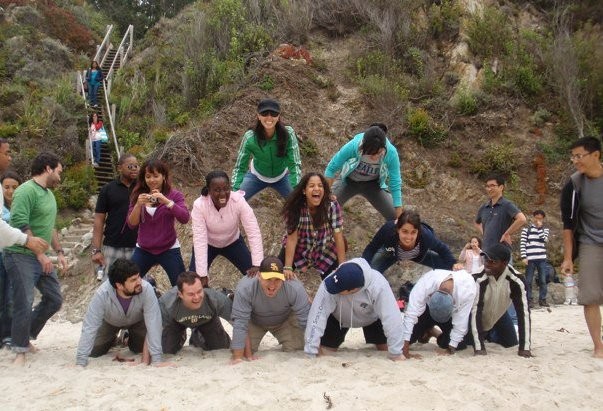

Giulia, love having you share your insights with us. Before we ask you more questions, maybe you can take a moment to introduce yourself to our readers who might have missed our earlier conversations?
After a BA in Anthropology, I got a diploma in writing and producing TV dramas. As part of the school curriculum, I interned at a prime-time drama show on Raidue (the Italian BBC) called “Terapia d’Urgenza”, working as a showrunner’s assistant. In the following years, I wrote 33 episodes of a famous show airing on Raitre, “Un Posto al Sole”, and worked as a writing consultant and director for a documentary sports show, also on Raitre, “Sfide”. In 2011, I decided to follow my dream of studying and working in the United States and moved to Los Angeles. I earned an MFA in Screenwriting from USC, where I studied as a Fulbright fellow. My thesis script “Venus Transit”, a road movie with an astrophysicist and a chick lit novelist as the protagonists, won two Sloan grants, from USC and the Tribeca Film Institute. Parallel to my screenwriting career, I also work as a story analyst, privately and for production companies, festivals and screenwriting services. I have read, analyzed and rated thousands of scripts. I enjoy writing a coverage report where I give detailed and actionable notes. I also follow up with a phone call where my clients can voice their doubts. We go over what works and what prevents the script from achieving its true potential. My golden rule is never to impose my version of the story on the writer, but rather help them shape the story they want to create. It is something incredibly fulfilling.

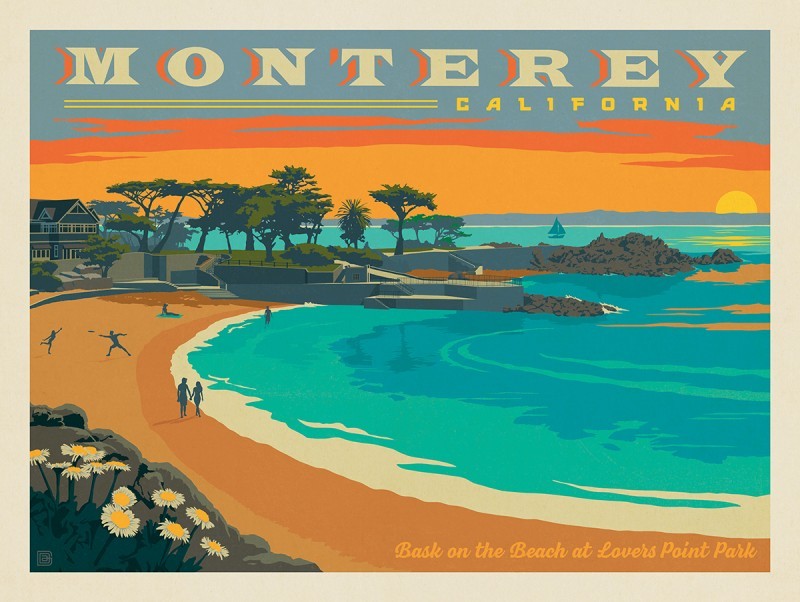
Learning and unlearning are both critical parts of growth – can you share a story of a time when you had to unlearn a lesson?
When I moved to the United States thanks to a Fulbright fellowship, all of us grant winners had to attend a pre-academic program in the wonderful Monterey, Northern California. Maybe I was just too lost in the beauty of the coast, but when our tutors were preparing us for the risks of cultural shock, I didn’t take them seriously; I thought it was an exaggeration. I could see how someone from Africa or Asia would find it challenging to adapt, but not me, an Italian woman who had always lived in big cities. Soon I experienced how different the academic experience was from Italy. I was evaluated also on my class participation, which was something new and humbling. It forced me to overcome my shyness and my instinct to break my silence only if I had something incredibly poignant to say. The writing experience was also completely different. I come from a country where writing for the screen is almost a collective activity. We have a tradition of something we call “bottega”, a group of screenwriters bouncing off ideas and putting them on paper and all getting a writing credit. In the United States instead, and not just in film school, writing is mostly individual (writing duos/teams exist but are way less frequent). I also had to unlearn that you write when you’re inspired, something that was ingrained in me and probably every aspiring Italian writer at the time. As they taught me on the first day of film school, inspiration is for amateurs; if I wanted to become a professional, I just had to show up and write. The many sleepless writing nights that came after that were a painful memento of that.
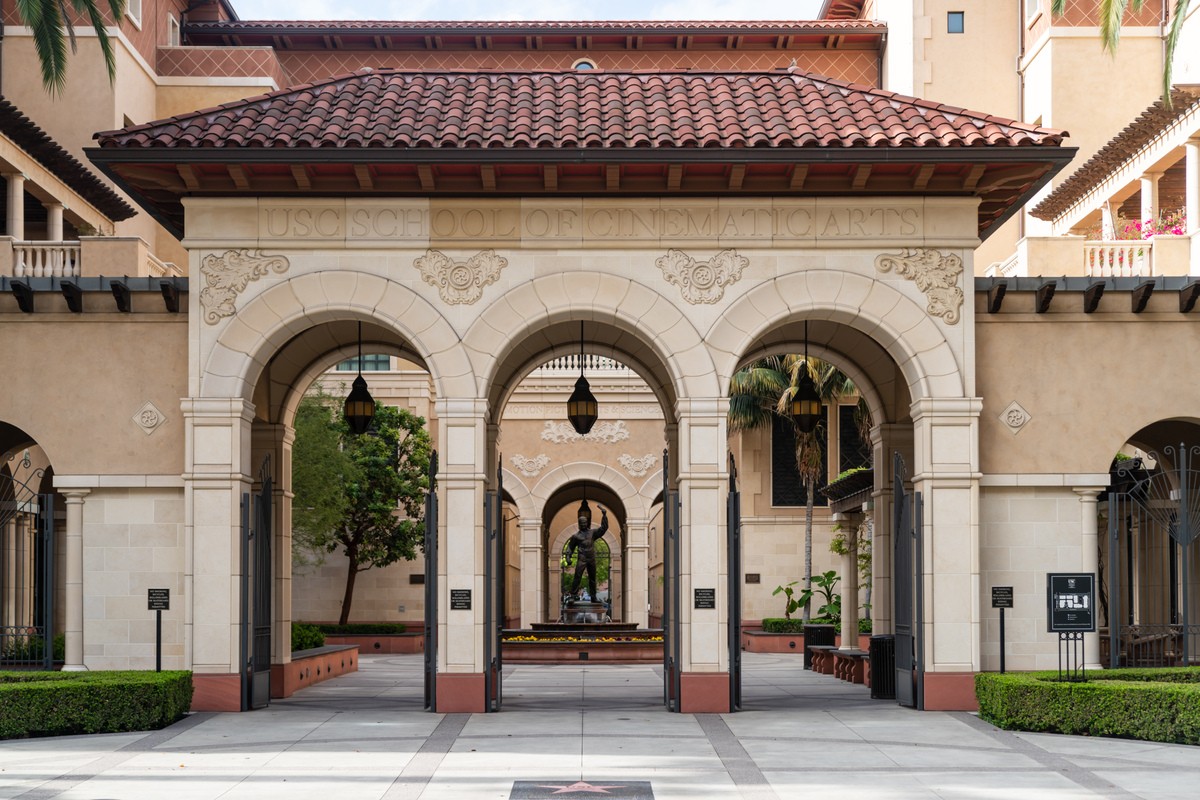
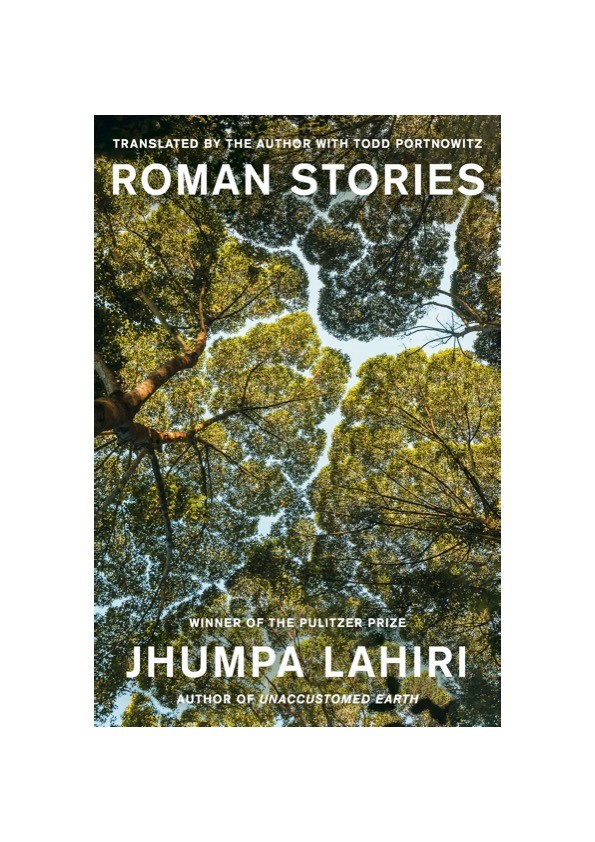
For you, what’s the most rewarding aspect of being a creative?
I remember that I was asked similar questions in my first screenwriting class at USC. Why do you write? What do you hope for? What effect do you wish to provoke in the reader/viewer? I really worried about my answer. The professor was intimidating, I revered him and wanted to impress him. I was desperate to sound profound and creative. I think I answered something along the lines of “I wish that the people who will watch something I wrote wouldn’t just forget it after a second, that it stays with them. Hopefully, it will spark a reflection, move them, or make them laugh…” I didn’t sound confident, and I was pretty sure that my answer sucked. Instead, when I looked up, I could see a sparkle in my professor’s eyes. Maybe my reply wasn’t original, but at least honest. On some sort of level, every creative person – including my professor- aspires to be remembered, and to leave an impression on the audience. When I was at the Tribeca Film Festival, strangers (jurors, readers, audience) would praise my script “Venus Transit”, emphasizing how it resonated with them. It was one of the most satisfying feelings in the world.
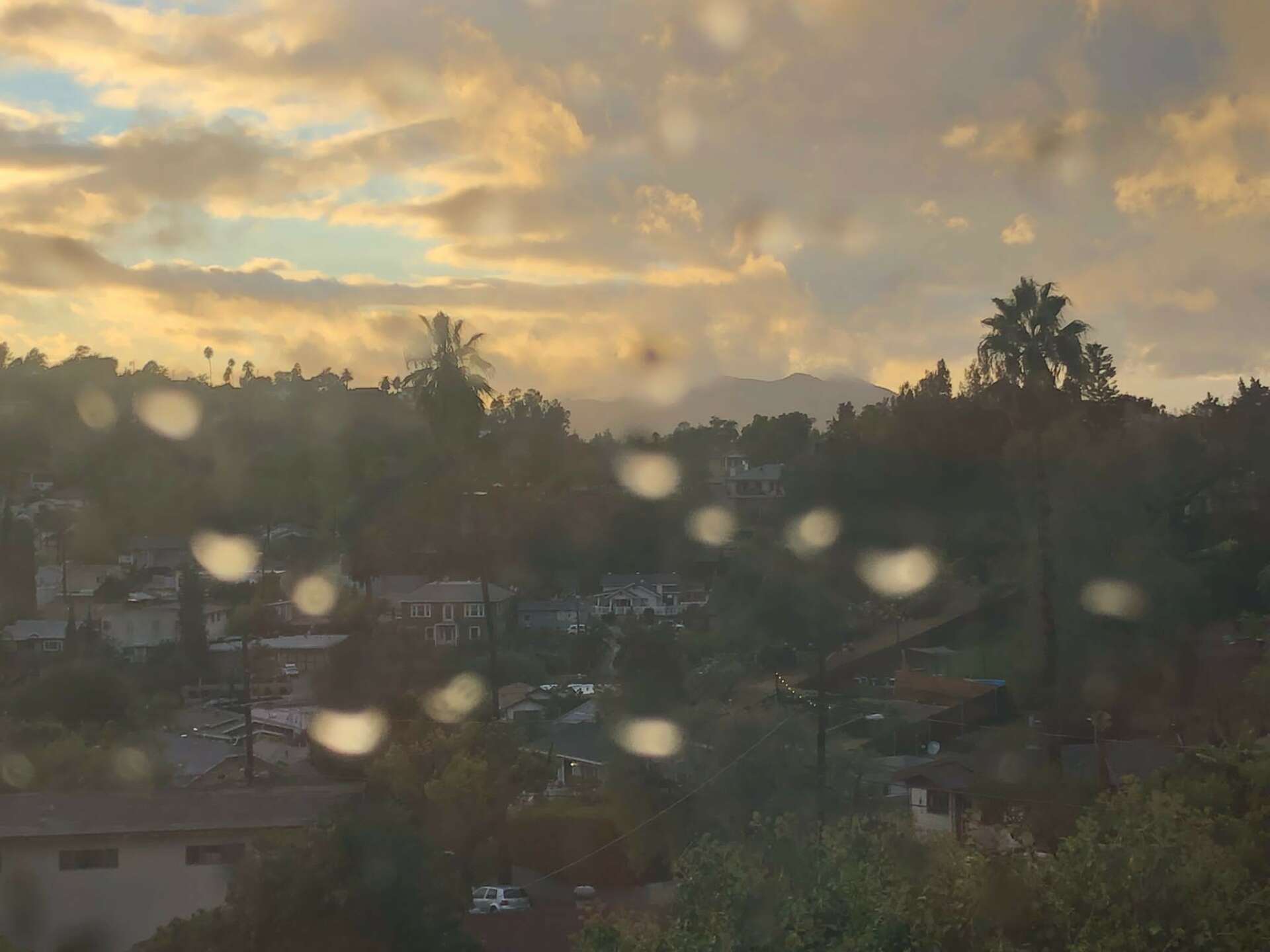
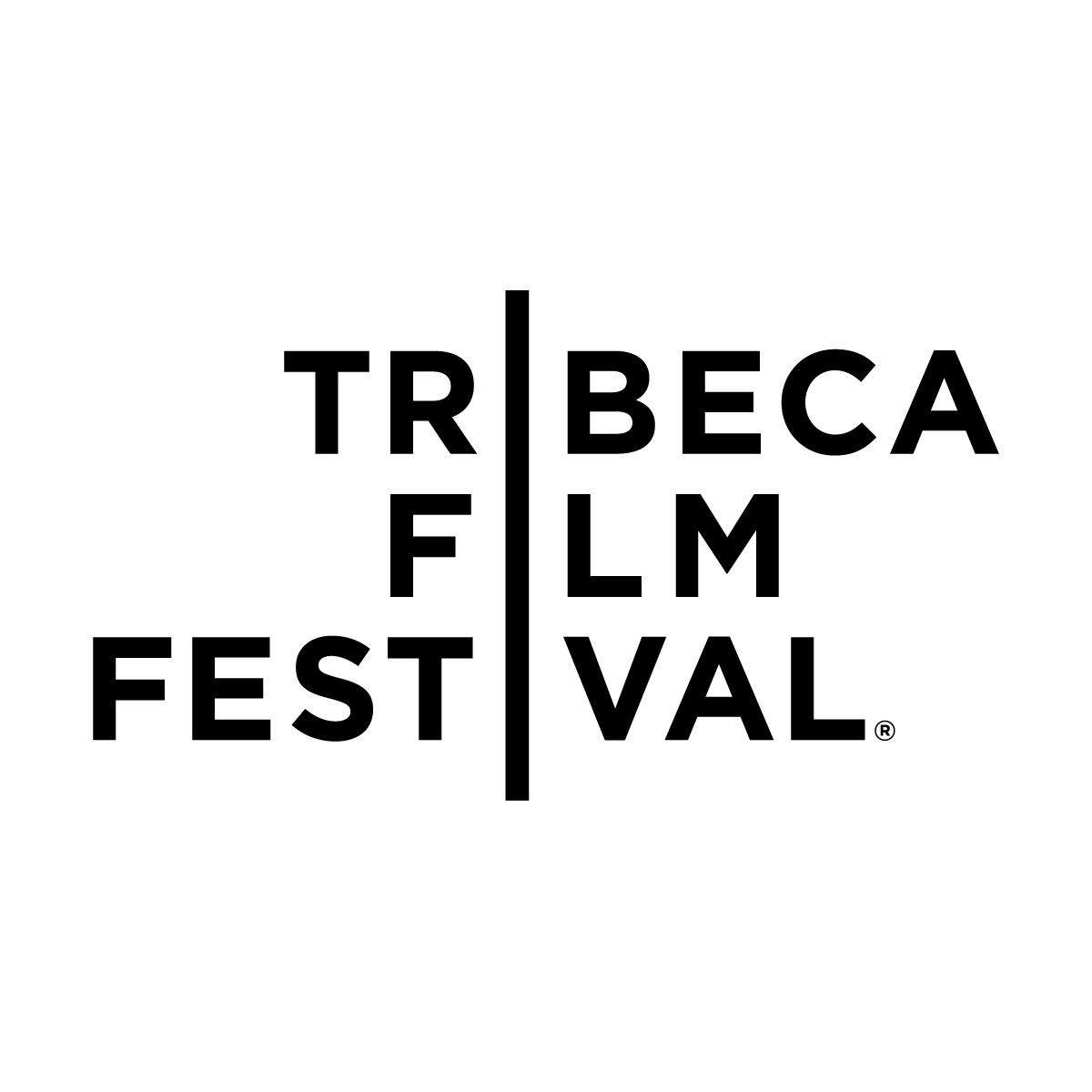
Contact Info:
- Instagram: https://www.instagram.com/giugliett500/
- Facebook: https://www.facebook.com/giulia.corda.378/
- Linkedin: https://www.linkedin.com/in/giulia-corda/
Image Credits
My portrait photo is by the Italian photographer Francesca Forquet, established in Santa Monica, who collaborates, among others, with The New York Times.


